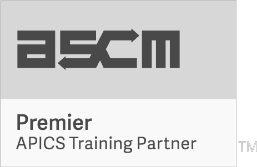3-day training course Hands-On Supply Chain Management
Are you considering a supply chain career or are you already working in a logistic environment and are you eager to find out more about Supply Chain Management? The interactive Hands-on Supply Chain Management course is exactly what you need.
In this course we deal with the supply chain fundamentals that are required to effectively manage a supply chain.







